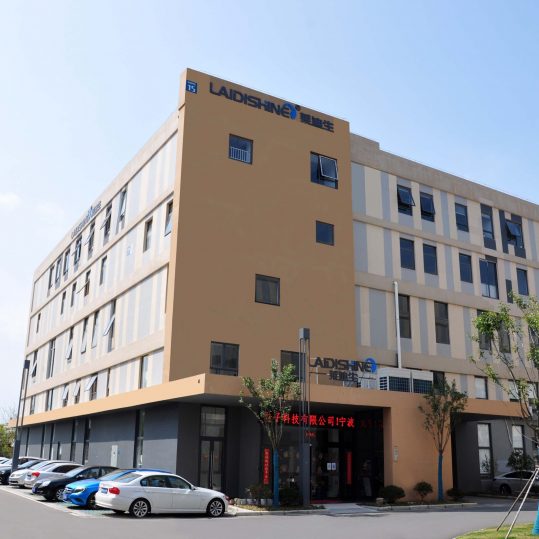Recently, Bayannur Airport in Inner Mongolia Autonomous Region completed the replacement of taxiway and U-turn flat LED navigation side lights, saving more than 50% of power consumption in the above-mentioned areas. With its main characteristics of energy saving and environmental protection, LED has become one of the protagonists of China’s “energy saving, carbon reduction, and green development”.
Semiconductor LED technology is widely used in lighting, backlighting, display, landscape, automotive lighting and other fields. Among them, the field most energy saving and carbon reduction is lighting.
According to the data from the National Semiconductor Lighting Engineering R&D and Industry Alliance, China’s lighting accounts for 13% of electricity consumption, which is equivalent to 6% of national energy consumption. Compared with traditional light sources, LEDs reduce lighting energy consumption by 50% to 75%.
In China, in 2020, the domestic sales penetration rate of LED lighting products (LED lighting product sales/lighting product sales) exceeds 75%, and the in-use penetration rate (LED lighting products in use/lighting products in use) exceeds 53%, which is the highest penetration rate in global.
From the perspective of power saving, during the “13th Five-Year Plan” period, China has achieved a cumulative power saving of 1.33 trillion degrees by using LED lighting, which is approximately equivalent to the combined power consumption of Russia and France in 2020.









